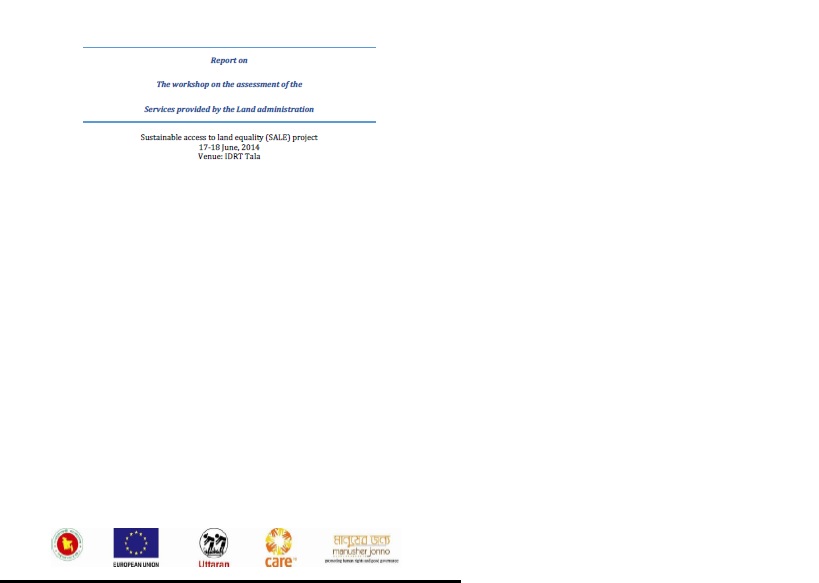How to Make a Barranco: Modeling Erosion and Land-Use in Mediterranean Landscapes
We use the hybrid modeling laboratory of the Mediterranean Landscape Dynamics (MedLanD) Project to simulate barranco incision in eastern Spain under different scenarios of natural and human environmental change. We carry out a series of modeling experiments set in the Rio Penaguila valley of northern Alicante Province. The MedLanD Modeling Laboratory (MML) is able to realistically simulate gullying and incision in a multi-dimensional, spatially explicit virtual landscape. We first compare erosion modeled in wooded and denuded landscapes in the absence of human land-use.








